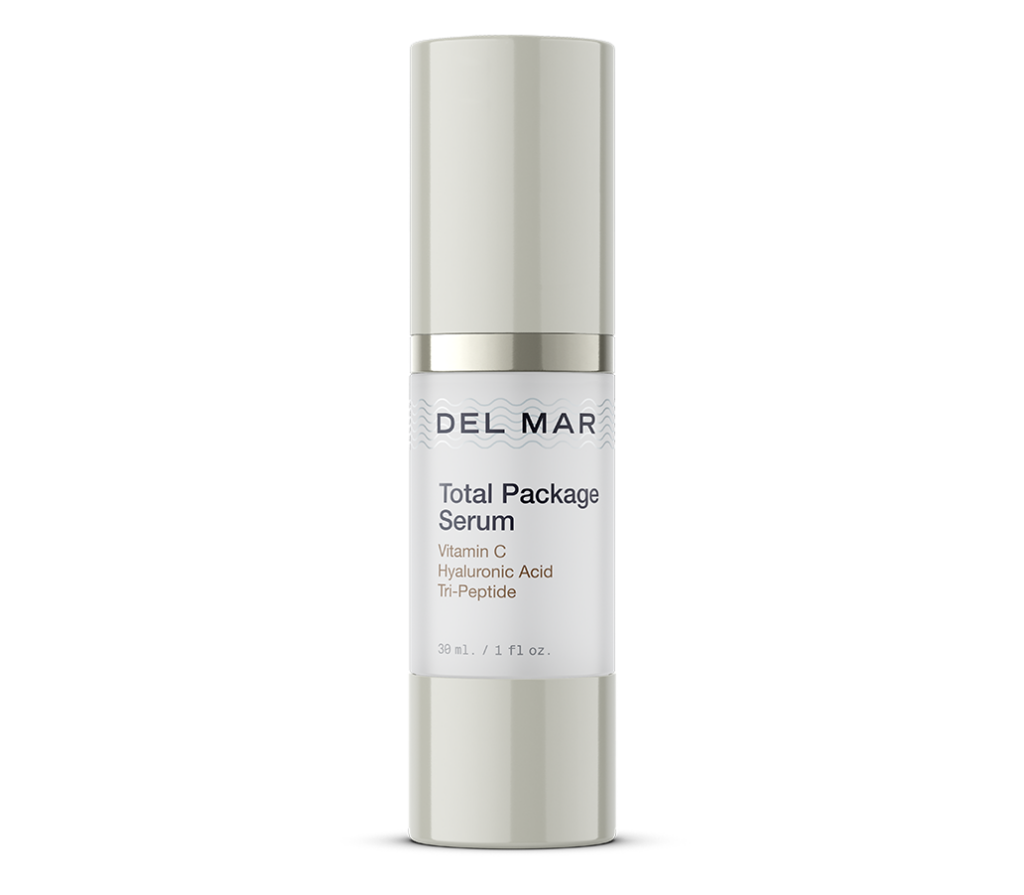Unlike a lot of hidden health issues, you know immediately if you’re lacking sleep.
You probably drag your feet, experience brain fog, battle low energy, and are fending off cravings for sugar.
The #1 solution most people rely on is to pour a strong cup of coffee.
But according to a 25-year-long study of 7,000 adults, forcing your body to stay awake is the last thing you should do.
Because the study found that battling through the day with exhaustion is linked to an increased risk of diabetes, hypertension, coronary heart disease, obesity, and depression.1
Now let’s explore of these risks in greater detail:
If you don’t sleep well at night or you wake up a lot, it can make it harder for your body to manage healthy blood sugar. This is because without enough sleep it’s harder for your body to use a hormone called insulin, which helps keep your blood sugar at a healthy level.3
This is why poor sleep is linked to a higher risk of type 2 diabetes. So if you already have diabetes or a condition called prediabetes, not sleeping well can make it worse.2
Whereas when you get enough sleep, your blood sugar and insulin levels go down. So it’s important to sleep well so your body can naturally manage your blood sugar and keep you healthy.
Sleep helps your body manage and mitigate the effects of stress.
Meaning, the less you sleep, the higher your blood pressure may get. And the higher your blood pressure, the greater strain placed on your heart.4
To maintain healthy blood pressure, sleep experts recommend 7 to 8 hours of sleep each night. The same recommendation applies for protection against coronary heart disease…
During a normal night where you get 8 hours of healing sleep, without tossing and turning, your blood pressure goes down.
Conversely, nights of poor sleep mean your blood pressure stays elevated.
Which is a big problem because high blood pressure is one of the leading risk factors for heart disease and stroke.
So like with hypertension, to help your heart stay healthy and ticking for decades to come, get at least 7 hours of deep healing sleep every night.
Losing sleep can have an impact on how much you weigh as well. Too little sleep can make you eat more, exercise less, and lead to obesity.
This happens because sleep deprivation throws your appetite regulating hormones – leptin and ghrelin- off balance.
When you aren’t getting sufficient sleep, the production of these hormones is altered in a way that increases hunger.5
This is why sugary snacks are tough to resist after a bad night’s sleep. It’s because both your hormones are out of whack, and your body is craving a quick energy boost to get you through the day.
You probably already know firsthand how a lack of sleep affects your mood.
You’re often more irritable, short-tempered, and vulnerable to stress.
Now imagine what happens to your mental well-being when you can’t get a good shut-eye for weeks, months, or even years.
Your body wears itself out!
Sleep is when your body and mind attend to “spring cleaning”, keeping you clean, healthy, and functioning properly.
After weeks of shallow sleep, too little sleep, your brain can start suffocating from a build up of toxins. Which can cause you to become more irritable or develop a darker mindset.6
——
Bottom Line: Ensuring you get 7 to 8 hours of deep, uninterrupted sleep each night is essential for good health—inside and out
So what can you do to get more sleep each night?
Here are some tips Dr. Chasan recommends:
- Drink less coffee or energy drinks, and try to avoid them altogether after midday
- Get a thicker curtain for your bedroom that blocks more light, and keep the temperature cool
- Drink a glass of milk, meditate and have a hot bath to help calm your mind of busy thoughts
Sleep is your body’s daily reset. And it’s essential to get enough sleep for the health of your heart, your brain, and every organ in the body.
So if you’re not getting 7-8 hours sleep a night, take steps to improve your bedtime routine so you can enjoy more hours of deep, revitalizing sleep each night.











